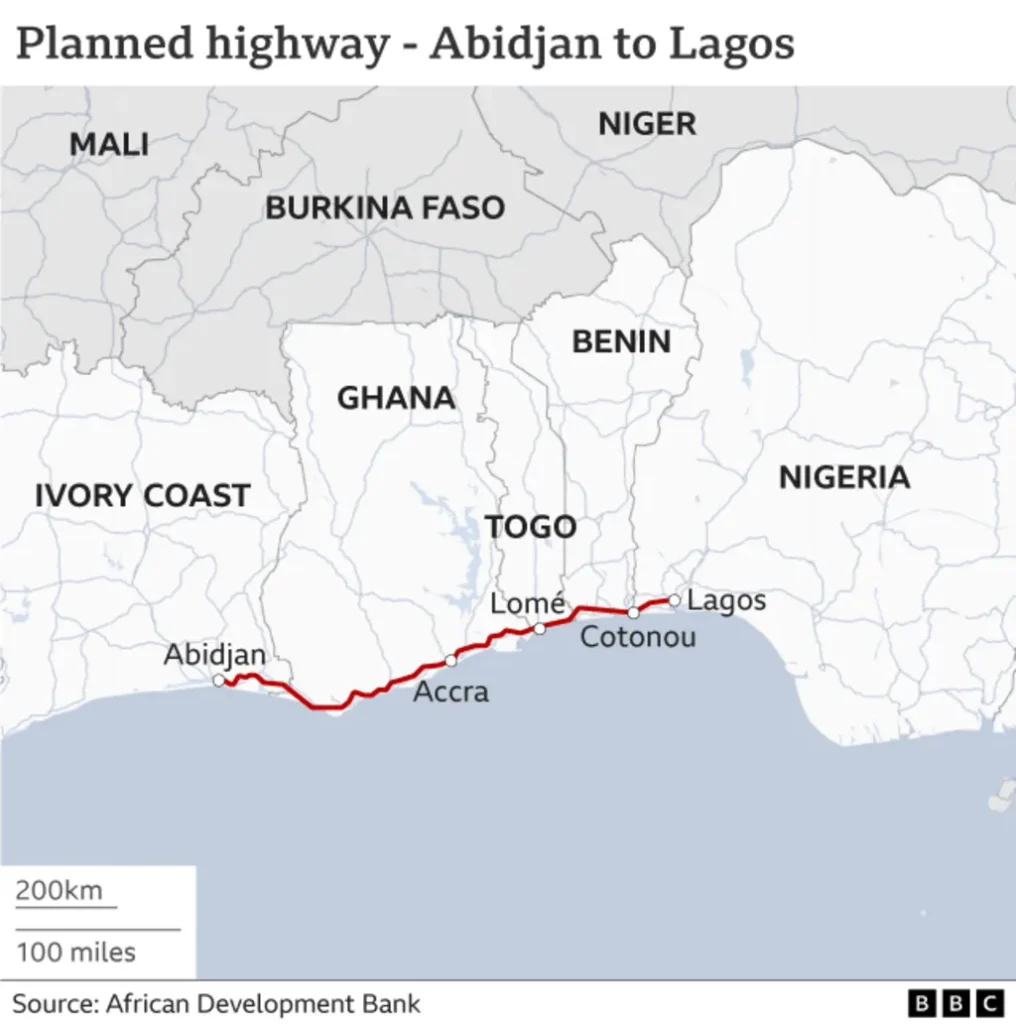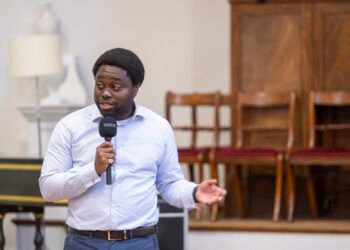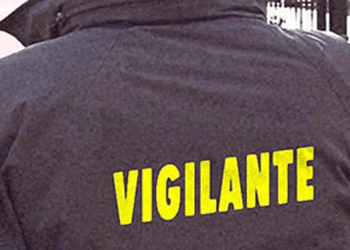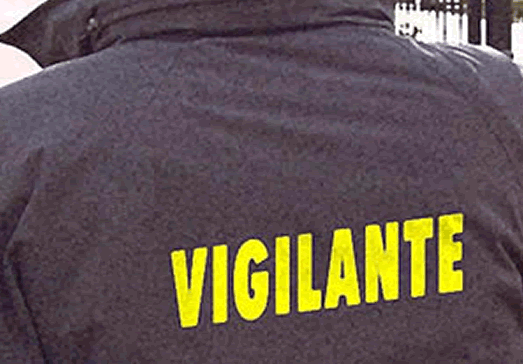West African leaders are in Abuja, Nigeria, for a critical summit to confront two pressing challenges: the defection of Mali, Burkina Faso, and Niger from the Economic Community of West African States (Ecowas) and the ambitious launch of a $15.6 billion coastal highway project.
The 15-member bloc has faced severe blows to its unity and credibility following a series of military coups in the three Sahelian nations, which declared their withdrawal from Ecowas. Observers remain skeptical about any immediate reversal of this decision by the military juntas.
While Ecowas struggles with its political setbacks, the proposed Abidjan-Lagos corridor offers a beacon of hope. This 1,028-kilometer highway, spanning Ivory Coast, Ghana, Togo, Benin, and Nigeria, promises to catalyze regional economic integration and development.
Initially approved eight years ago, the transport corridor project has gained fresh momentum with recent backing from the African Development Bank and other investors. Preparatory studies have been completed, with construction expected to commence in 2026. The highway’s completion, targeted for 2030, is projected to create 70,000 jobs and significantly boost regional trade.
Lydie Ehouman, chief transport economist at the African Development Bank, highlighted the transformative impact of the project, noting that “the Abidjan-Lagos highway will connect with the West African transport corridors and link the inland regions of Mali, Burkina Faso, and Niger to all eight ports in the corridor.”
The initiative will connect some of West Africa’s largest urban centers, including Abidjan (8.3 million people), Accra (4 million), Lomé (2 million), Cotonou (2.6 million), and Lagos, whose population is estimated at over 20 million.
Ecowas, once Africa’s most politically cohesive regional bloc, has seen its unity tested by the exit of Mali, Burkina Faso, and Niger. The bloc will lose 76 million of its 446 million people and over half of its geographic land area. The shock of their withdrawal has spurred calls within Ecowas for stricter governance and democracy rules.
Despite its challenges, the bloc hopes the coastal highway will symbolize its resilience. Beyond enhancing economic growth, the project aims to demonstrate the remaining members’ capacity for cooperation and innovation.
Political analysts compare Ecowas’s current struggles to Europe’s post-World War II recovery, where economic integration via the Common Market (now the European Union) helped rebuild trust and unity. A thriving Ecowas could potentially entice the dissident states to return, just as Europe’s prosperity drew former communist nations into the EU fold.
Overcoming Bureaucratic Hurdles
The highway project also addresses long-standing barriers to regional trade. Many border crossings within Ecowas have replaced outdated systems with modern one-stop frontier posts, where officials from neighboring countries jointly process passports and transit documents. This shift has streamlined border formalities, reduced corruption, and improved efficiency for travelers and traders alike.

The new corridor will include space for a future railway line, further enhancing connectivity between key port cities along the Gulf of Guinea. While existing rail networks primarily link inland areas, the proposed rail addition will create a seamless coastal transport system, boosting the region’s competitiveness and investor appeal.
The project’s broader vision aligns with Ecowas’s long-term goals of fostering economic growth and political stability. By creating opportunities for trade and investment, the bloc hopes to counter the rise of nationalism and military rule in the Sahelian states.
“Neither traditional diplomacy, sanctions, nor the threat of military intervention has persuaded the juntas to restore civilian government,” noted a regional observer. However, economic success in the coastal regions could serve as a powerful incentive for Mali, Burkina Faso, and Niger to reconsider their isolation.
The highway represents more than a physical link between cities; it symbolizes resilience and ambition for a region seeking to redefine itself. Like the European Union, Ecowas aspires to use economic integration to promote democracy, reduce corruption, and enhance governance.
While the path to reconciliation with the Sahelian states remains uncertain, the Abidjan-Lagos corridor offers a tangible step forward. It reflects a collective determination to prioritize growth and development, even in the face of political challenges.
With its promise of job creation, improved trade, and enhanced regional connectivity, the project could be a turning point for Ecowas. Whether it succeeds in luring back its disenchanted northern neighbors remains to be seen, but its potential to transform the region’s economic landscape is undeniable.
READ ALSO: Israel To Close Embassy In Ireland



















